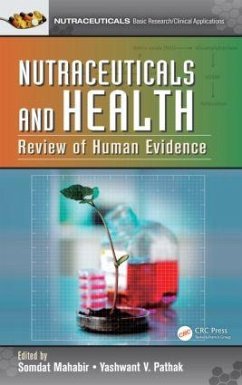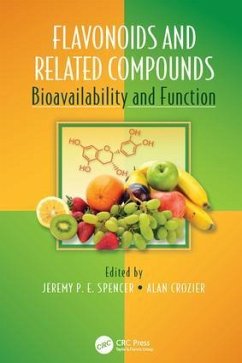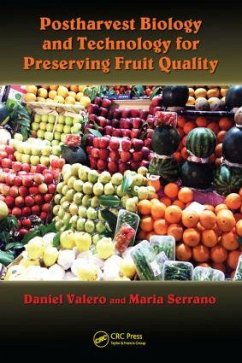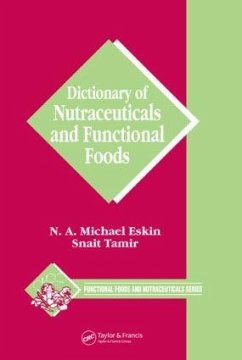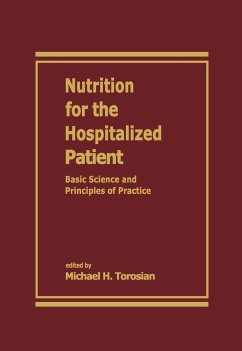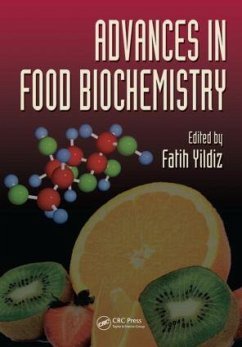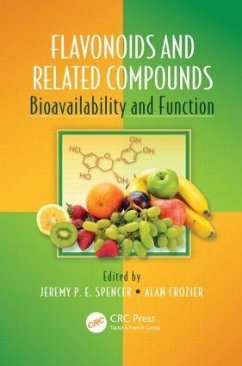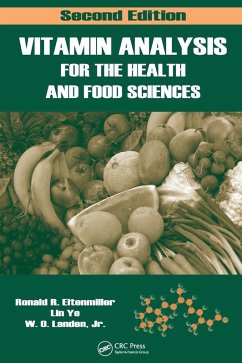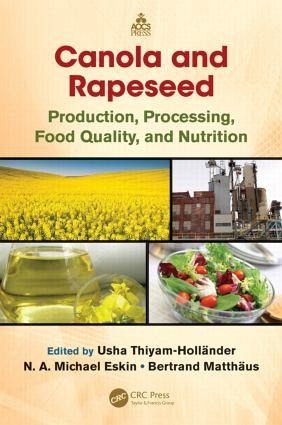
Canola and Rapeseed
Production, Processing, Food Quality, and Nutrition
Herausgeber: Thiyam-Holländer, Usha; Matthäus, Bertrand; Eskin, N. A. Michael
Versandkostenfrei!
Versandfertig in 1-2 Wochen
223,99 €
inkl. MwSt.

PAYBACK Punkte
112 °P sammeln!
In 2010, esteemed researchers gathered at a workshop held at the Richardson Centre for Functional Foods and Nutraceuticals at the University of Manitoba in Winnipeg, Canada. Drawn from these proceedings, Canola and Rapeseed: Production, Processing, Food Quality, and Nutrition presents state-of-the-art information on the chemistry of the minor constituents of canola and rapeseed and their impact on human health. The book also identifies new areas of research and opportunities for the industrial application of functional foods and nutraceuticals from canola and rapeseed. Topics include: The hist...
In 2010, esteemed researchers gathered at a workshop held at the Richardson Centre for Functional Foods and Nutraceuticals at the University of Manitoba in Winnipeg, Canada. Drawn from these proceedings, Canola and Rapeseed: Production, Processing, Food Quality, and Nutrition presents state-of-the-art information on the chemistry of the minor constituents of canola and rapeseed and their impact on human health. The book also identifies new areas of research and opportunities for the industrial application of functional foods and nutraceuticals from canola and rapeseed. Topics include: The historical development, properties, and performance of canola Characteristics and bioactives of sinapic acid derivatives and the decarboxylation pathways leading to their formation Canola protein processing High omega-9 canola oils and their future applications Modification of Brassica oilseeds Rapid analytical methods for measuring oil content The potential of ultrasound and supercritical fluid extraction for producing value-added by-products The processing of virgin rapeseed oils in Europe Extraction and application of canola protein The frying stability of high-oleic low-linolenic acid canola oils The potential of mustard oil for biodiesel The final chapters demonstrate the health benefits of canola, including antioxidant, antimutagenic, and anticancer properties. Authored by experienced researchers in the field, the book chapters have been expanded considerably to include a number of areas not contained in the original workshop, providing comprehensive coverage of the potential of this essential crop.




